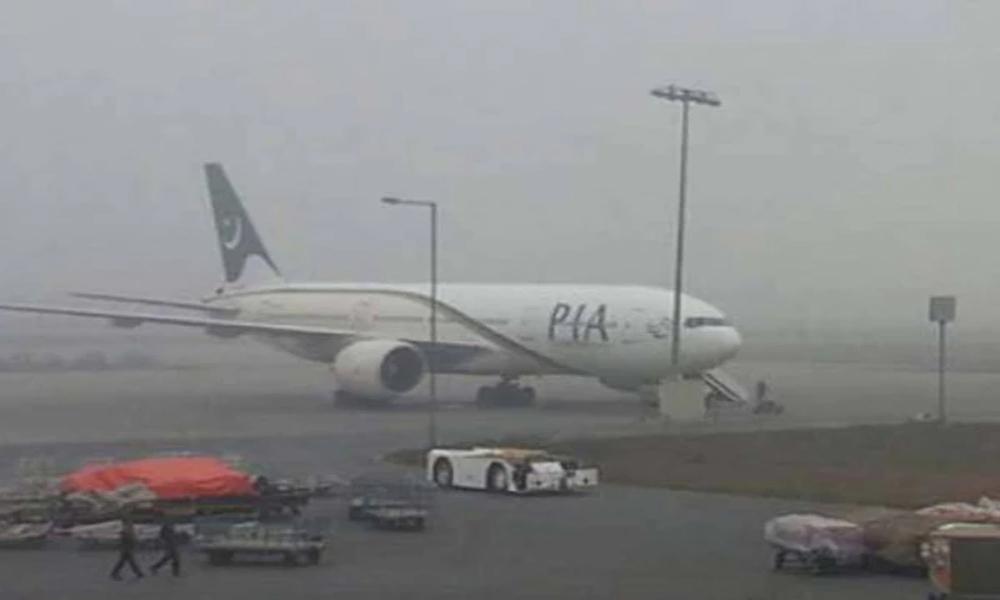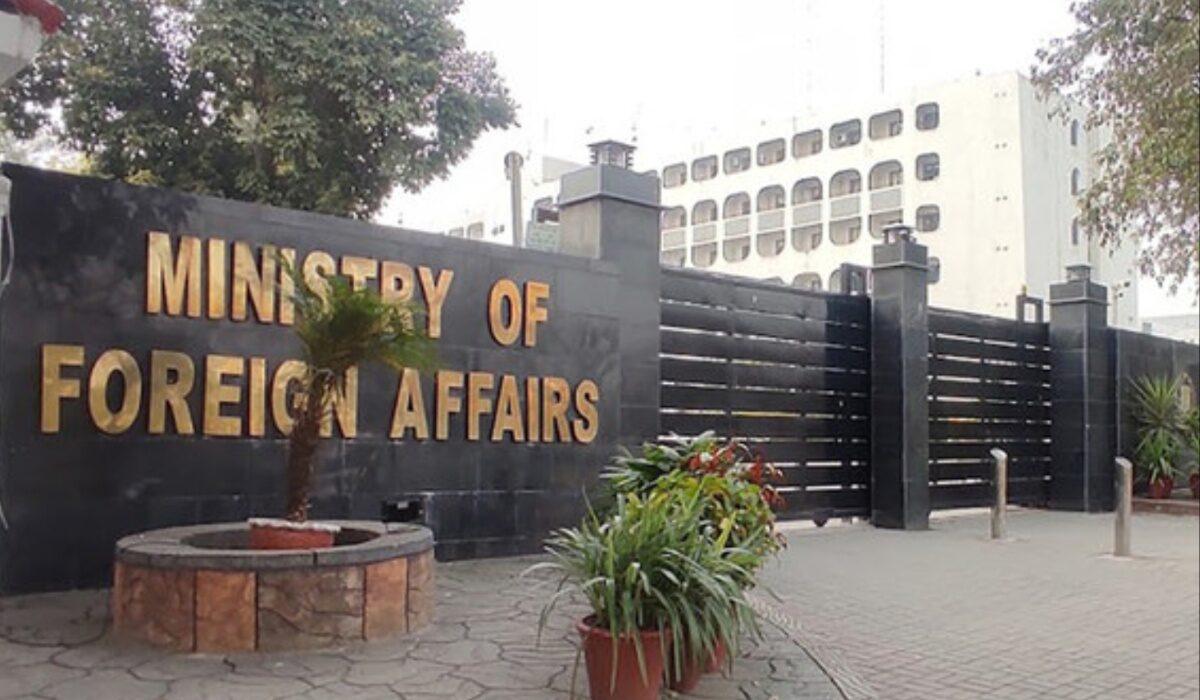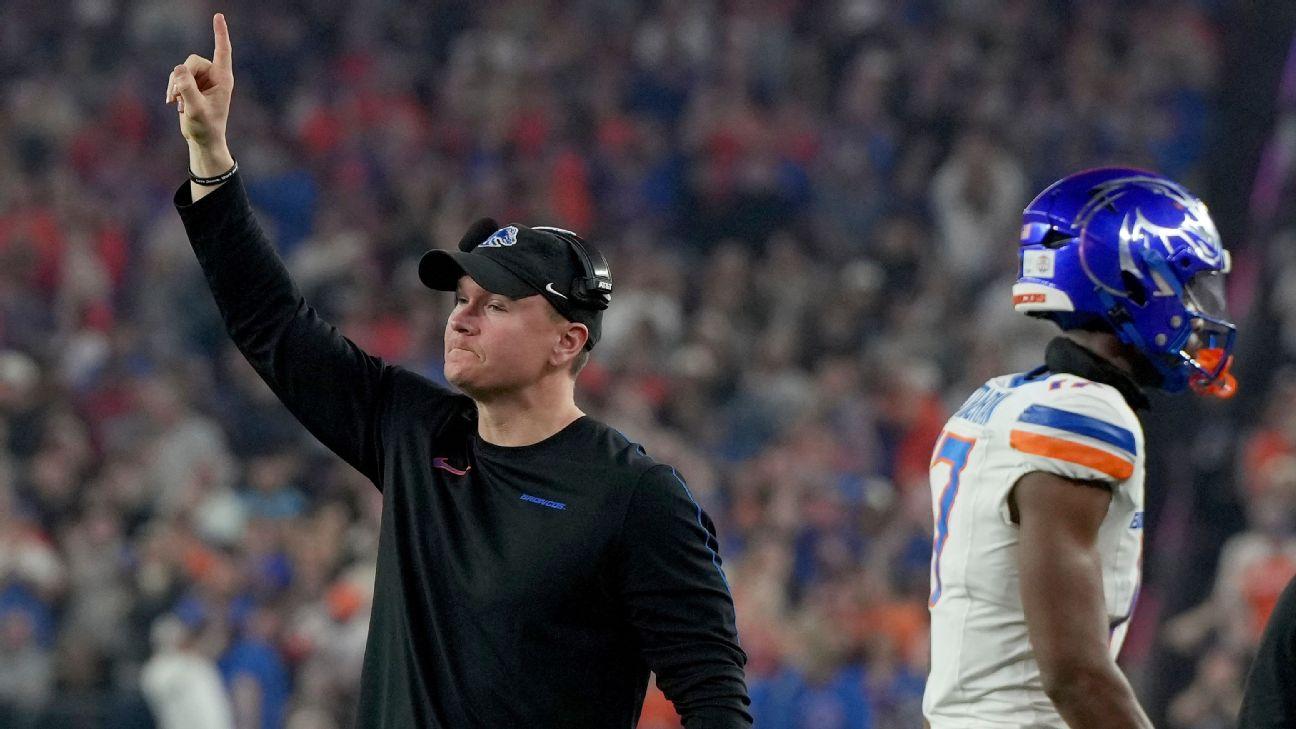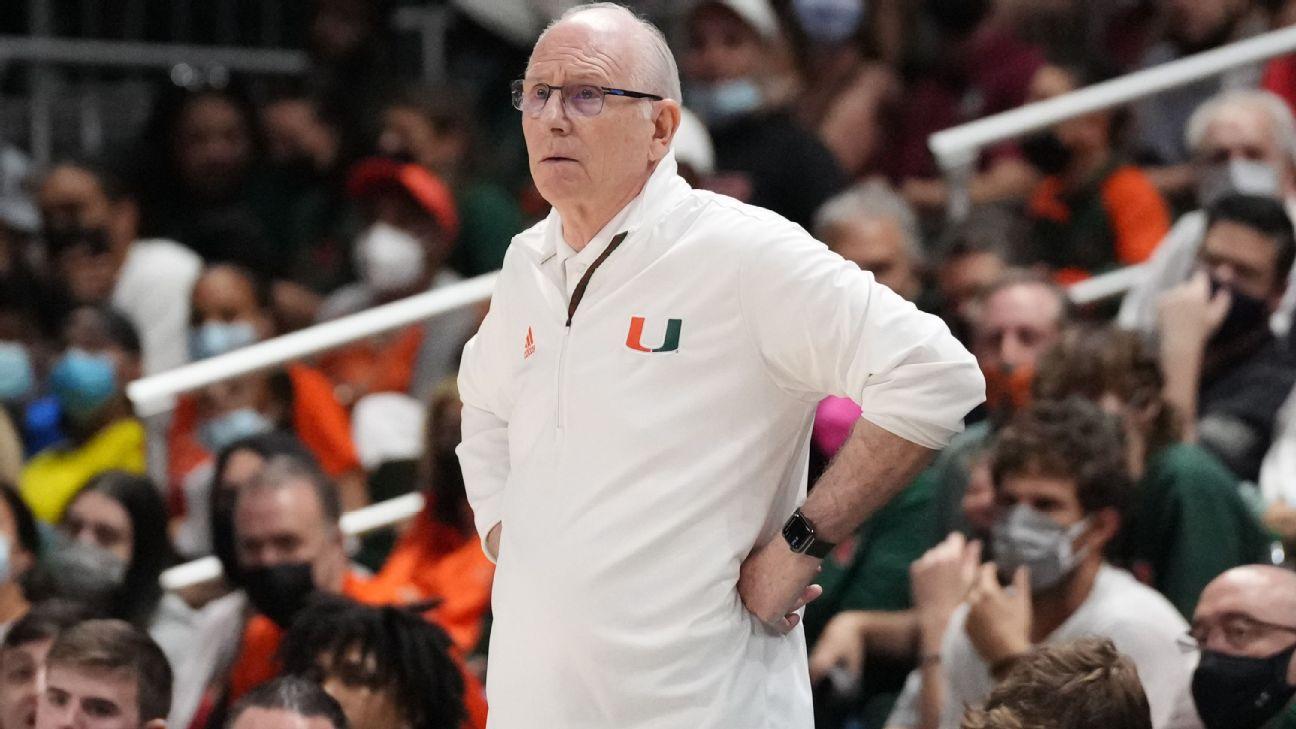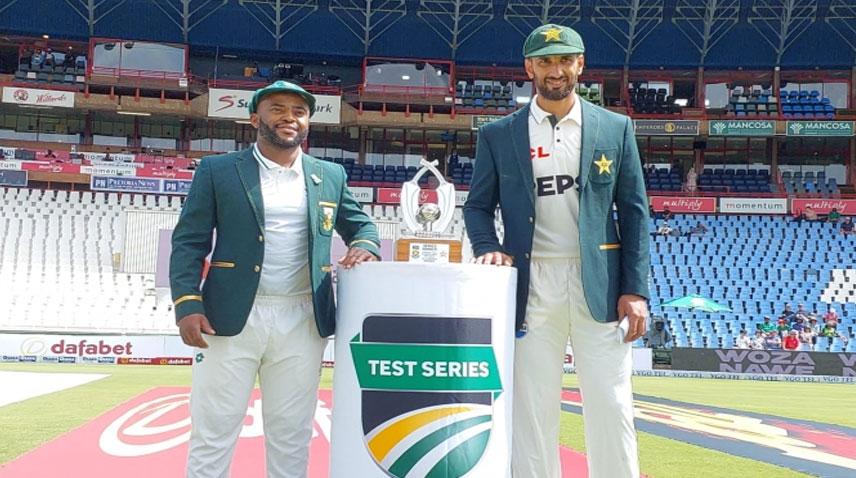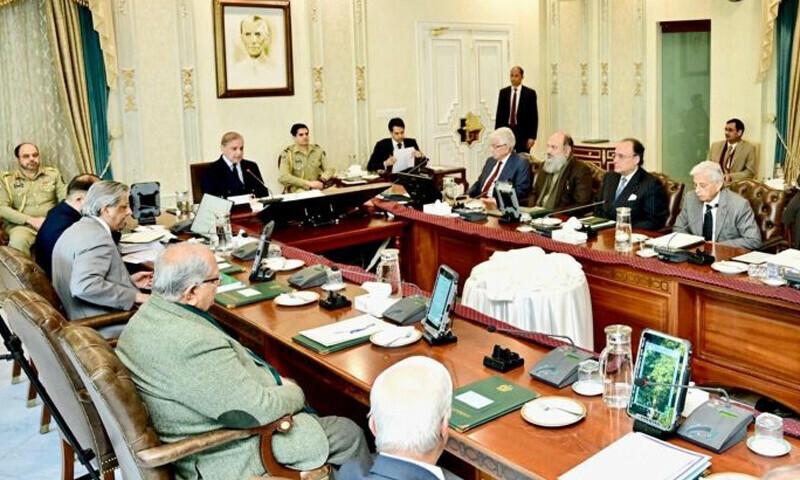Nothing happens behind closed doors in SC anymore: CJP
CJP suggested committee include Justice Mansoor Ali Shah, but he also refused to join both the committee and the bench


Islamabad: During the hearing of the review case against the decision of interpretation of Article 63A, Chief Justice of Pakistan (CJP) Qazi Faez Isa remarked that nothing happens behind closed doors in the Supreme Court anymore.
A larger bench headed by Chief Justice Qazi Faez Isa is hearing the review case against the decision of interpretation of Article 63A. The five-member bench includes Justice Aminuddin, Justice Jamal Khan Mandukhel, Justice Naeem Akhtar Afghan and Justice Mazhar Alam.
At the beginning of the hearing, President Supreme Court Bar Shahzad Shaukat and Pakistan Tehreek-e-Insaf (PTI) lawyer Ali Zafar came to the rostrum.
On this occasion, Qazi Faez Isa inquired about what happened after yesterday. Justice Munib Akhtar was requested to join the bench, he wrote a letter again and repeated his same position. I suggested the committee include Justice Mansoor Ali Shah, but he also refused to join both the committee and the bench, after which we were left with no other option.
The Chief Justice further said that Justice Naeem Afghan has been included in the larger bench without disturbing the other benches, now the larger bench is complete and the proceedings should be started.
PTI's lawyer Barrister Ali Zafar pleaded to raise an objection to which the Chief Justice replied that he should go back to his seat and will be heard later.
Continuing the proceedings, the Chief Justice said in his remarks that the minutes of today's meeting of the Practice and Procedure Committee have also been released and uploaded on the website of the Supreme Court.
PTI's lawyer Barrister Ali Zafar objected to the bench, on which the Chief Justice remarked that he does not have the right to argue first. The one who filed the revision application has the right to argue first. The elected president of your own Bar is standing on the rostrum, sometimes try to look at the democracy.
President Supreme Court Bar Shahzad Shaukat opened the arguments and explained the background of the case before the court and said that there was a presidential reference in this case and also 3/184 petitions.
The Chief Justice remarked that the opinion on the reference and 3/184 are two separate jurisdictions, how can they be combined and give a decision? Only an opinion can be given on the presidential reference and not a decision.
He inquired whether the two jurisdictions are not different. Did the court at that time issue any order on the grounds of consolidating the two cases? Only the President's legal questions are answered on the Presidential Reference, if the opinion on the Presidential Reference is not followed, there can be no contempt proceedings against the President.
The Supreme Court inquired who was the president at that time. Shahzad Shaukat told the court that Dr Arif Alvi was the president at that time.
The Chief Justice said in his remarks that the same government as the government was also a petitioner in this case.
President Supreme Court Bar Shehzad Shaukat read out Article 63A in the court. CJP inquired what legal questions were raised by the President.
Shahzad Shaukat stated that the President of Pakistan had raised four questions in the reference. An opinion was sought on the element of treason under Article 63A. The court said that Article 63A cannot be seen individually. The court declared the political parties important for democracy and that deviation from party policy is cancer for political parties.
Justice Qazi Faez inquired whether this opinion of the court was the answer to the President's question. Shahzad replied that this opinion was not an answer to the President's question
CJP inquired whether the question in the ethics reference was genuine. The President of the Supreme Court Bar said that the court had declared that the vote of a dissenting member cannot be counted, a question was related to the voice of conscience of a member. The judgment tried to rewrite the constitution.
He also remarked that you should not give such arguments now and complete the basic facts. In the reference question, the word cancer was written for deviance. If the word cancer was not there, would the effect of the question be less? Is it also written in the decision to de-seat the deviant members?
The Additional Attorney General told the court that the vote of defecting members will not be cast, the order to de-seat is not in the decision. The Chief Justice said that no-confidence motion, the election of the Prime Minister and Chief Minister, and the definition of the Money Bill are there in the Constitution. When the Constitution is clear, how can one add anything to it?
The Chief Justice asked the President of the Supreme Court Bar that he should tell us what he objected to the decision, to which he replied that they are objecting to the majority decision.
Justice Qazi Faez Isa asked where it is written in the decision that the member will be disqualified if the vote is not counted. The decision is leaving this matter to the leader of the party. It is the will of the party chief not to disqualify him if he wishes. If he does not send the declaration of disqualification, then what will happen? To which Shahzad Shaukat replied that then this matter will be over.
Blast leaves four killed, 35 injured Blaochistan's Turbat
- 9 hours ago
Five killed, 1 wounded in shooting in Peshawar’s Tehkal: police
- 12 hours ago
Rickelton double ton takes S Africa to 429-5 v Pakistan
- 12 hours ago

That Elon Musk ‘Adrian Dittmann’ screenshot is almost certainly fake
- an hour ago

Samsung bets big on OLED and gaming with its 2025 monitor lineup
- an hour ago

Cybertruck explosion investigation identifies the driver and tracks its path to Las Vegas
- an hour ago









